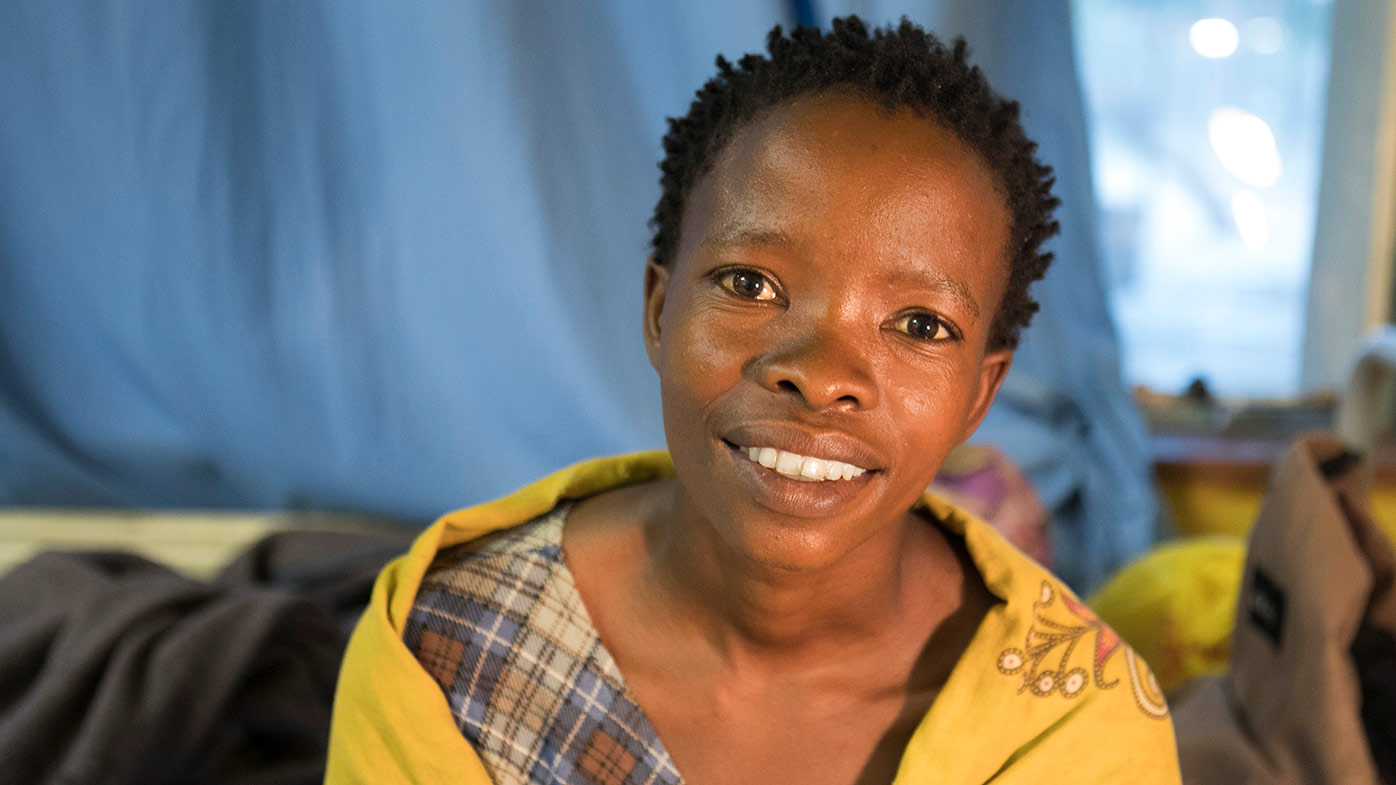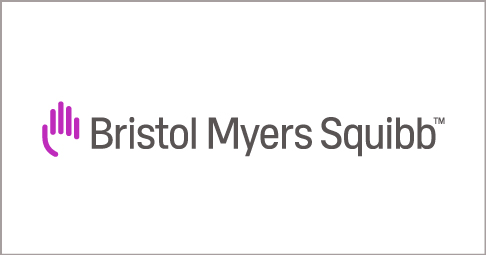
It was a community in desperate need of a cancer treatment center. The new facility — located in a wing of Soweto’s Chris Hani Baragwanath Academic Hospital formerly occupied by a podiatry clinic — quickly became known for the quality of the care and the kindness of the staff. Within a few months of opening, the center had seen 400 patients — which meant Dr. Mathiba herself, as the facility’s sole oncologist, had seen 400 patients. Handling a caseload like that takes energy and compassion — qualities Dr. Mathiba has in abundance.
The doctor’s patients realize how lucky they are. Dorcas S., currently halfway through her chemotherapy treatments for breast cancer, lights up when talking about her. “When I met my beautiful doctor, I was so happy!” she said. “She gave me a shoulder to cry on. I had been told I needed chemo. I didn’t even know what chemo was! Dr. Mathiba explained it. I could ask her anything, and she told me everything. I say thank God I am in the right hands.”
To understand how significant this new treatment center is, context is helpful. Soweto’s population is 99% Black, and the township includes many of the poorest neighborhoods in the province of Gauteng, South Africa’s smallest yet most populated province. Zulu is the township’s dominant language, with only 2% of inhabitants speaking English as their first language.
Before the Soweto Comprehensive Cancer Centre of Excellence opened, there were just two cancer treatment centers in the entire province, with a population of nearly 20 million. Soweto residents who received a cancer diagnosis (and couldn’t afford private medical care), had two options for a treatment facility. They could travel to Johannesburg, or they could make the journey to Pretoria. In neither place would they be likely to find a staff member who spoke their language.
Let’s say an individual’s treatment plan includes eight rounds of chemo, one every three weeks. The trip from Soweto is a long and expensive bus ride away. And when you get there, you don’t see anyone who looks like you, you can’t read the signs, and you have difficulty understanding what you are told. It’s easy to see why many patients don’t follow through on their treatment. As Dr. Mathiba pointed out, the barriers are both logistical and political. “These two facilities were built during apartheid, to serve Caucasian patients. The barriers of apartheid have fallen, yet in a way they still remain. The reality is, before our center opened, cancer patients in Soweto were largely unable to access treatment.”
